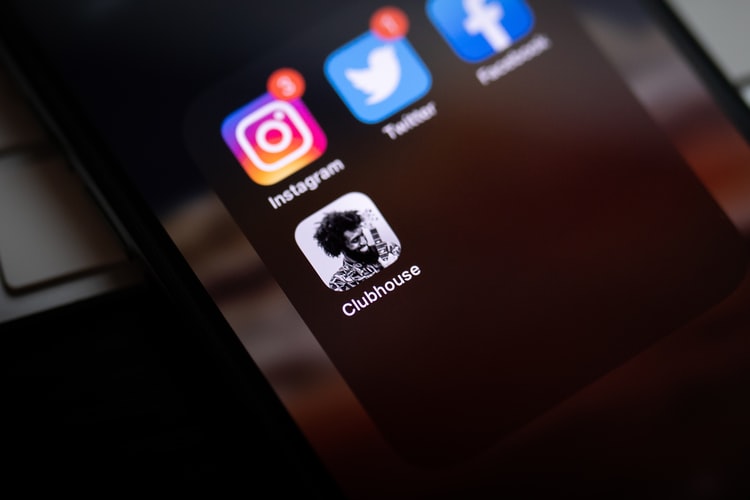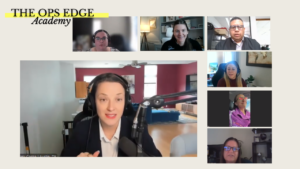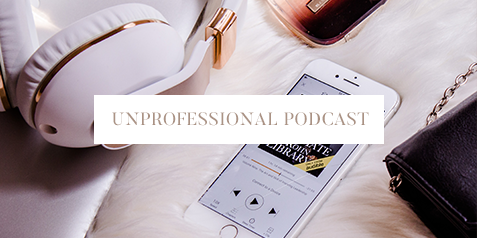We live in a world where almost half of the population expresses their opinions on social media. As of July 2020, there are almost 4 billion active social media users. If you’re in business, taking time to listen to what people say or share about your brand can make a huge difference in how you’ll succeed.
Social listening is monitoring what people are saying about your organization, brand, product, or people online. This information is helpful in developing specific marketing strategies to get your product or service to your ideal customers.
Listening to what people say online also gives you helpful information on how to improve your product or service. But social listening does not end in gleaning information; it also involves responding to them.
Social Listening vs Viewing Your Social Media
On the surface, it may seem that social listening and looking at your social media are one and the same, but they’re not.
Social listening can be summarized in two steps.
First, tracking social media platforms for mentions and conversations related to your business. Other than monitoring mentions about your brand, products or services, you should also track mentions about your competitors as well as keywords related to your business.
Second, analyzing the information to look for opportunities to take action. This could be as simple as responding to a satisfied customer or responding to an inquiry. It could also mean something more significant like addressing a potential PR crisis before it escalates.
Monitoring your social media is different from social listening because monitoring only involves looking and collecting data about metrics such as brand mentions, competitor mentions, relevant hashtags and industry trends. It is ideal for monitoring your ROI or A/B testing campaigns.
Additionally, social listening is an intentional act. You’re taking the time to absorb information/data, process it and figure out what it means for your business, employees and customers alike.
The process of social listening starts when you act in response to data you gather from tracking social media channels.
In short, social media monitoring gathers data for metrics such as engagement rate and number of mentions, while social listening looks beyond those numbers to understand the significance and big picture behind the stats.
Social listening seeks to understand the human behind the data. It helps you understand how people see and feel about you and your competitors, which is termed “social media sentiment.” You can’t be effective at social listening unless your process involves social media sentiment. Moreover, 51% of marketing leaders worldwide gathered incisive information through social listening tools during COVID.
Why Social Listening Matters
Social listening allows you to understand how people feel about your brand. Having this understanding can significantly help you keep your marketing strategies and product development efforts on the right track. This way, you can optimize your efforts in acquiring and retaining customers.
Specifically, social listening helps you with these 6 business topics:
Customer Engagement
Social listening allows you to discover opportunities to engage customers. A great example of this is Starbucks. Starbucks’ social media team is known for their quick responses and excellent service, which makes it easy for customers to ask questions. On top of that, they also jump in and retweet everyday conversations about their brand. Starbucks’ impressive social listening creates a great customer experience and boosts engagement.
Crisis Management
Through social listening, you can keep track of social media sentiment real-time, allowing you to not only see the positive comments about your brand on social media but also the negative, especially the ones that could lead to crises. This way, you can address issues before they get out of hand. If the sentiment is more negative than positive, tap in to your social listening strategies to evaluate the feedback and take note of the trends to prevent the same mistake from happening again.
Monitor Competitors
With social listening, you’re able to track what people are saying about your competitors, which will help you gain valuable insight into where you fit in the marketplace. You will also receive updates on what your competitors are up to such as new product releases, new campaigns, etc. With this information on hand, you can plan and respond accordingly.
New Sales Leads
Social listening helps you build relationships with potential customers in your industry. Reach out to these people, expand your network and share useful information. Doing so will help establish your brand as the go-to resource.
Capitalize on Opportunities to Improve
Tracking conversation online gives you a wealth of insight on what’s working and what’s not working for your customer. Can you make some changes on an existing product or add a feature to resolve trending issues?
For example, Fitbit uses social listening to determine emerging issues, troubleshoot and collect information from customers who may be experiencing certain problems. The best ideas are then brought to their engineering teams and addressed on a case-by-case basis. This initiative shows customers that they are valued and that their experiences matter, which then leads to increased brand loyalty.
Identify Influencers And For Product Development
Keeping track of the social conversation about your industry will help you identify the right influencers to work with. These influencers, as the term suggests, can have a huge impact on how their followers feel about and your competitors. You can also find people who are already fans (or haters) of your brand on social media. Reach out to the natural advocates and find ways to collaborate with them.
L’Oreal, for example, works closely with bloggers and social media influencers. The brand also uses social listening for product development. In 2011, L’Oreal was faced with a dilemma of which hair color product to develop next. The company turned to social media platforms like YouTube and identified thought leaders to help them make a decision. L’Oreal went with the ombre hair color trend and developed a product that became a huge success.
Social Listening Is Crucial to Your Success
Y’all are seriously missing out on a gold mine of insight for your business if you don’t utilize social media listening. In this digital era, you don’t even have to conduct a survey to know what people are saying about you or how they feel about you.
Your customers are telling you everything you need to know about what they want from you. All you need to do is listen.
Listening and reaching out on social media channels humanizes your brand and shows you are ready for a conversation.
For more inspo on how to humanize your business, tune into the UNprofessional podcast this week to hear from Giovanni Marsico, CEO and Founder of Archangel.
If you’re out of touch with what your community is going through, this is your sign to step it up and make a change. Stand out in your industry by using three human attributes: empathy, kindness and compassion.
It’ll work. Trust me.
In love and respect,
Hilary M. Corna













